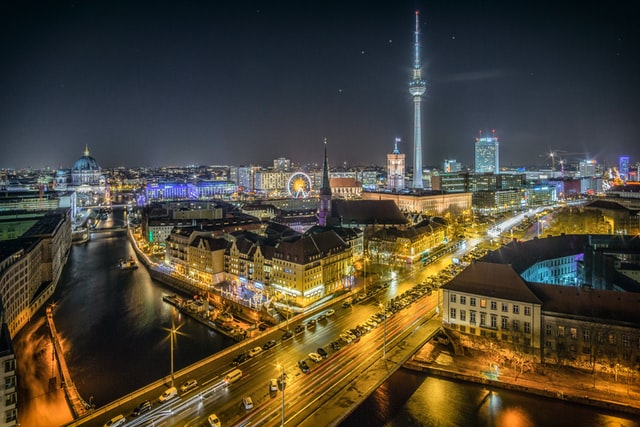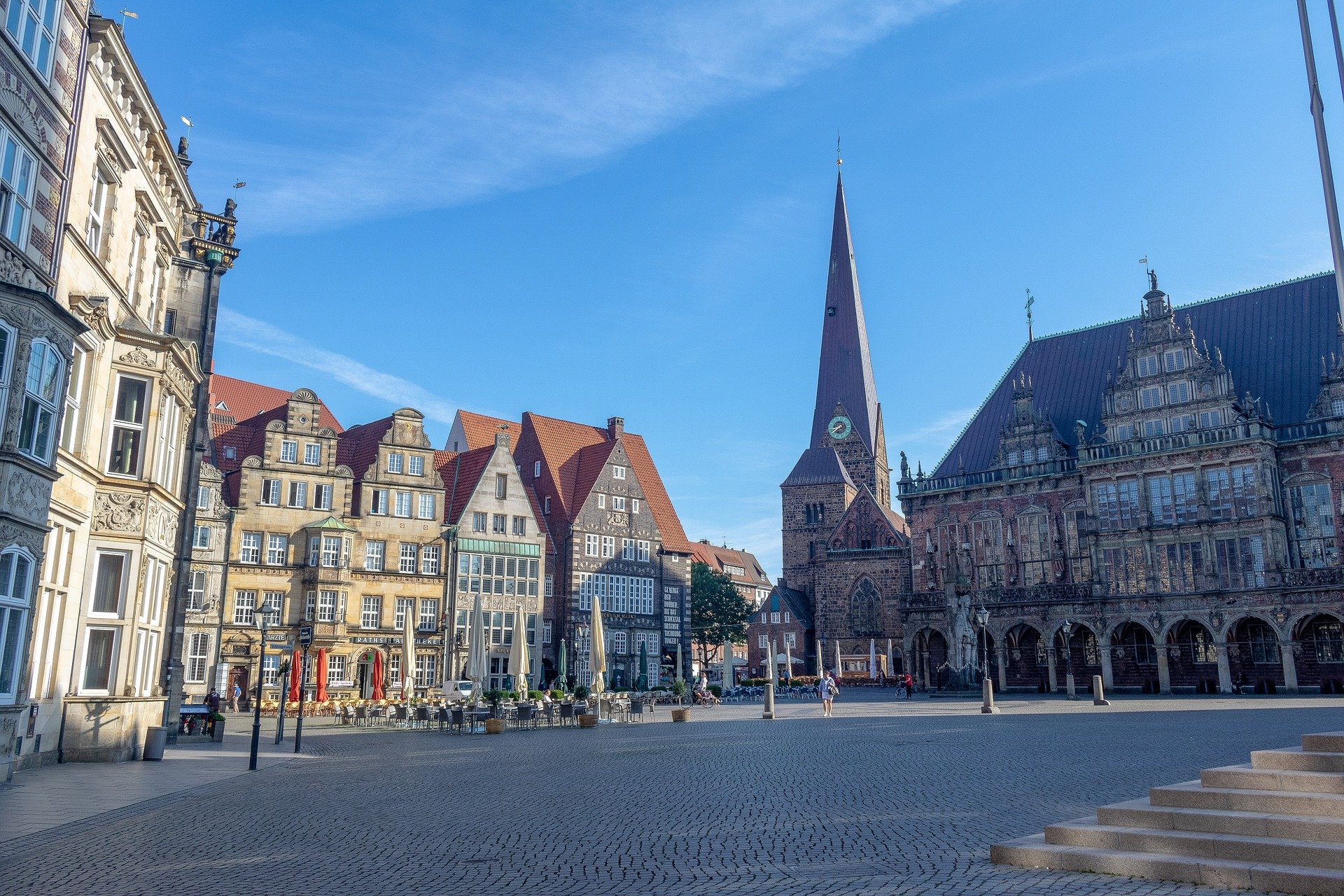Germany is an amazing country to move to. You can appreciate a clean environment, good jobs, and salaries, plenty of culture and an excellent public transport system. Despite being in Europe, Belarus is not in the European Union and therefore Germany states that Belarusians require a Schengen Visa. So, let’s begin by taking a closer look at this requirement.
The Schengen Visa
The Schengen Visa is a special visa that allows you to visit and work in the Schengen Area. You can stay in Germany for up to 90 days and then at this point, you need to apply for a German visa.
To apply for a Schengen Visa, you will need a passport that is valid for the time of your stay, a passport photo, and a cover letter explaining the details of your stay as well as anyone who will be traveling with you. Each person will have to complete an application and over 12s will be fingerprinted.
If you are employed, you need to include a letter from your current employer stating that you have been given a leave of absence for your trip and that you will be returning to your position upon return. You will also need to present your original payslips. If you are self-employed, you must provide a copy of your business license. Employed or self-employed, you will be required to present bank statements for the last 6 months and your income tax returns. If you are retired, you need to provide proof of your funds.
Students who want to apply for the Schengen Visa need a letter from their institution stating that they are a good student and that they are registered to start the following semester.
You must have travel insurance to apply for the Schengen Visa. You will need to provide a Certificate of Insurance which contains the table of benefits. The minimum travel insurance coverage is 30,000€.
Finally, you will need to show your flight reservations, including a return booking.
Visas in Germany
Germany has an impressive range of visas from cultural purposes to Guest Scientist. Here is a breakdown of the most common visas:
Employment Visa– for when you have a job offer in Germany. You will need an employment contract and proof of health coverage with the company you will be working for. It is a 2-year visa that can be extended. It may take from one to three months for the application to be approved and it will cost 75€. Along with all of the correct documentation, expect an interview before the visa is granted.
Job Seekers Visa– this is a 6-month visa that will allow you to stay in Germany will you look for employment. As soon as you find a job, you will need an employment visa. For a job seeker’s visa, you need a bachelor’s degree or higher and at least 5 years of experience in your field. You also need to show that you have funds for your stay and health insurance for the tie you will be in Germany.
Student Visas– A Language Course Visa will allow you to stay in Germany for 3 months to 1 year while you study German. A Student Applicant Visa is for people who are still looking for the right curse and a Student Visa is for those who have been accepted to a German university.
For all of the visa applications, you can apply to the Embassy of Germany in Minsk.
Average Income in Germany
Incomes will depend on your skills and qualifications. They may also vary slightly from city to city. According to stepstone.de, here are some of the average annual salaries to give you an idea:
• Doctor- 77,359€
• IT- 62,278€
• Law- 61,690€
• Insurance- 55,874€
• Administration- 43,919€
• Skilled Crafts and Trade- 43,919€
The average monthly salary in Germany after tax is 2,337€.
Cost of Living in Germany
Germany has a slightly higher cost of living compared to the European average. A one-bedroomed flat in the city center will cost approximately 743€ whereas outside the city center it can be 560€. For an 85m2 apartment, your utilities may set you back around 217€.
A monthly transport pass is 72€ and a regular cinema ticket is about 12€. To join a gym, a monthly fee is approximately 30€. Dinner for two at a mid-range restaurant will be around 50€ for three courses.
The German Culture
There is more to Germany than its infamous beer and Frankfurt’s sausages. Germany has a very tolerant society and in general, Germans are very open-minded. They enjoy a good social life and there is a strong sense of community. You will do well to remember to arrive on time!



